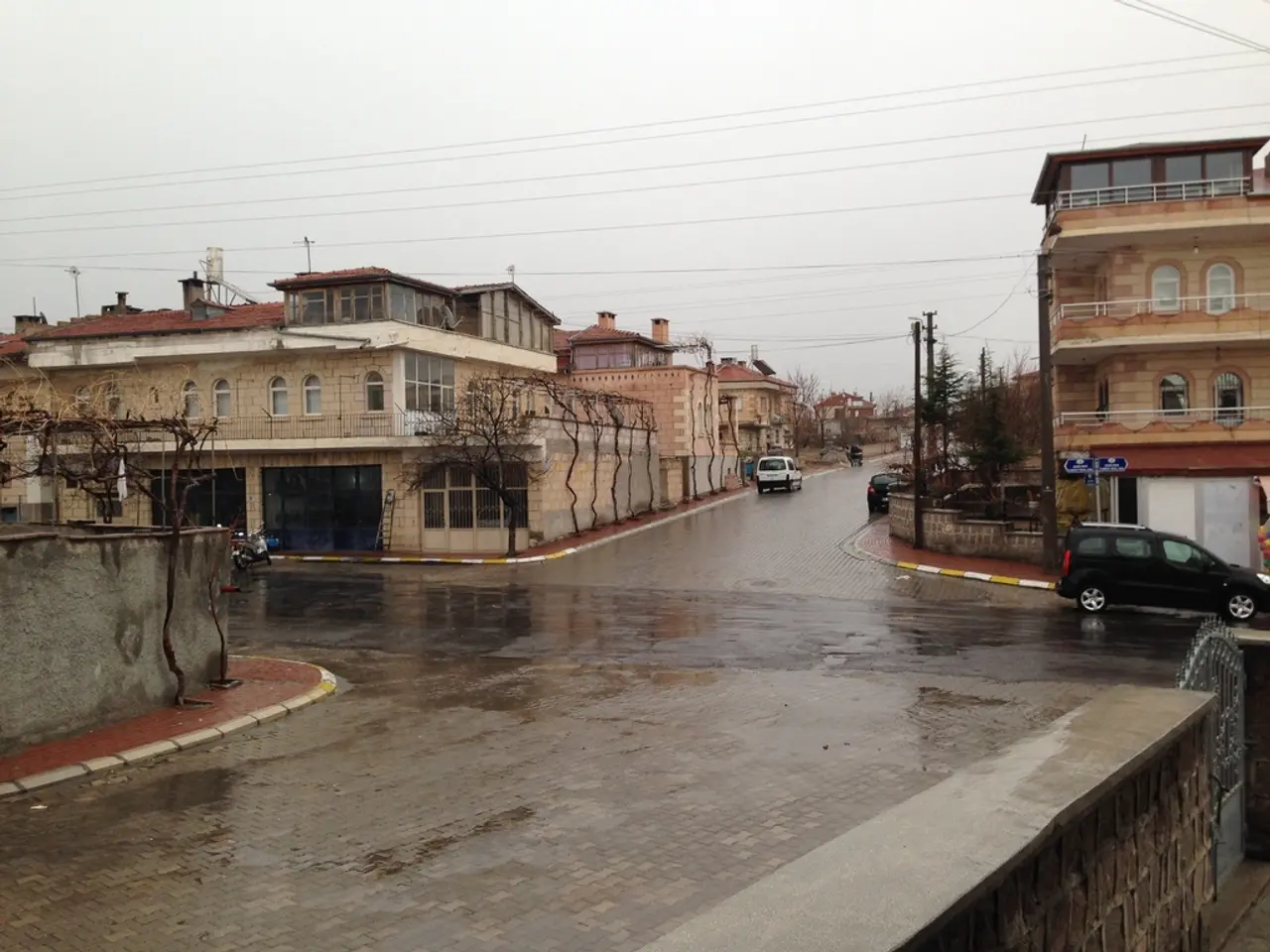Investigating Russian Influence in Azerbaijani Oil Pollution: Romanian Authorities Aim to Uncover Evidence
In a shocking turn of events, Romania has accused Russia of intentionally contaminating around 184,000–200,000 tons of Azerbaijani crude oil with organic chlorides. This alleged act is seen as a hybrid warfare tactic aimed at disrupting Romania’s energy supply and destabilizing European energy security.
The contaminated oil, supplied to the OMV Petrom refinery in Romania, was detected in oil arriving via the Baku–Tbilisi–Ceyhan pipeline. The high concentration of chlorine in the contaminated oil could seriously damage the Romanian refinery, leading to the halt of operations and prompting the government to declare a state of emergency in the energy sector.
Multiple reports, including those by G4Media and European Truth, suggest that the chlorine contamination was deliberate sabotage by Russia, intended to damage refinery equipment and impair fuel supplies to NATO ally Romania. This action fits into a broader pattern of Russian hybrid warfare, including propaganda and attacks on energy and infrastructure in the region.
The Romanian authorities are considering a scenario where Russia intentionally contaminated the oil. The organic chlorides at hazardous levels found in the oil could only come from external sabotage, not natural contamination. The contaminated crude tankers were denied entry at Romania’s port of Constanța, leading to fuel shortages and energy emergency declarations.
Analysts view the contamination as part of Russia’s hybrid war strategy to weaken European energy networks and undermine political stability in NATO countries. This event follows other Russian-hostile actions including attacks on energy infrastructure linked to Azerbaijan and Ukraine, and deteriorating Russia-Azerbaijan relations.
It is important to note that the site Charter97.org, which has accounts on various social media platforms, has also reported on this incident. The Baku-Tbilisi-Ceyhan pipeline, over 1700 km long, was potentially the site of the sabotage operation.
This scenario suggests Russia's involvement is part of a hybrid war, with the intention of disrupting the energy supply and causing instability in the region. The investigation into this matter is ongoing, and further evidence is expected to emerge in the coming days.
- The organic chlorides found in the contaminated oil could be a part of Russia's hybrid war strategy, as suggested by various reports and analysts, aiming to disrupt energy supply, cause instability, and potentially impact politics within NATO countries.
- This alleged intentional contamination of Azerbaijani crude oil is indicative of Russia's role in war-and-conflicts and general news, as it fits into a broader pattern of Russian hybrid warfare, including attacks on energy and infrastructure in the region.








